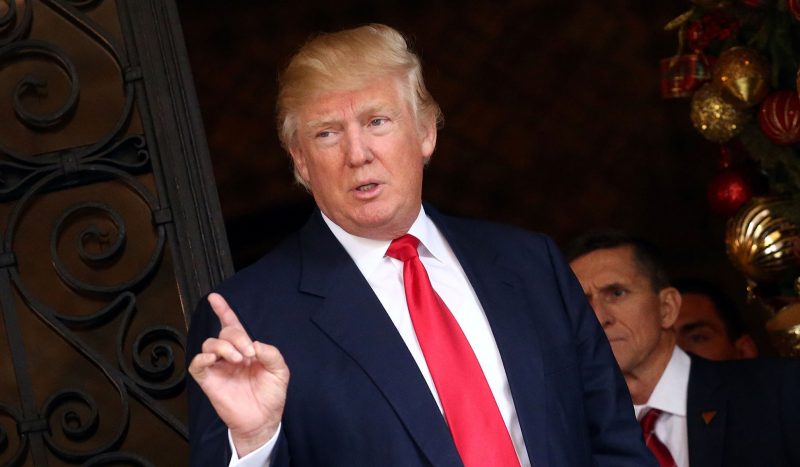
On paper, the speaker of the House and chairmen of the relevant committees announcing they will impeach the president should feel like a historic moment and a rarely equaled disgrace for the presidency. This day should feel momentous, grim, and solemn. In this presidency, it feels like “Tuesday.”
On paper, the impeachment hearings did everything House Democrats wanted them to do. While some of the key testimony was second-hand, the witnesses painted an ugly picture of the administration and president, focused on farfetched tales of a lost server and obsessed with the Bidens and not seeming to give a fig about what the military aid meant to Ukraine.
The major television networks covered the hearings live.
The objections of House Republicans were largely ridiculed by the media. The GOP was unable to introduce witnesses to interrupt the Democrats’ narrative or divert attention to the Bidens or other topics.
And yet the polling is about where it was at the start of October. As of this writing, in the FiveThirtyEight aggregation, 47.1 percent support removing the president, and 44 percent don’t support removal.
That’s not good for the White House, but that’s nowhere near where Democrats wanted it to be.
There’s nothing resembling the bipartisan consensus that Democrats had previously called a prerequisite for moving forward with the removal of a president.
In fact, impeachment could well be hurting Democrats’ chances in key swing states.
A recent survey found removal is opposed by 50.8 percent of voters in Michigan, 52.2 percent of voters in Pennsylvania, and 57.9 percent of voters in Wisconsin. Whether or not you think the hearings were persuasive, the evidence suggests they didn’t persuade many people who didn’t already support impeachment.
The hearings didn’t seem to change minds in the House of Representatives, either. So far there is no indication that any House Republican is considering voting to impeach. There are murmurs of frustration and discontent among moderate House Democrats.
Most House Democrats will fall in line, probably.
But at the end of October, 232 House Democrats voted to start the inquiry. The articles are unlikely to get that many votes, in part because of the death of Elijah Cummings and the resignation of Katie Hill.
The House currently has only 233 Democrats. The only drama in the upcoming House vote will be if any Democrats join the two who voted against starting the inquiry — Collin Peterson of Minnesota and Jeff Van Drew of New Jersey — or if either man changes his mind.
Also, what happened to all of those charges against Trump?
For the past few weeks, we’ve heard many Democrats insist that Trump’s actions constituted bribery, extortion, violation of campaign finance laws, and witness intimidation.
All of that got dropped, and the articles of impeachment cover the umbrella term “abuse of power” and “obstruction of Congress.”
After all of this, there’s nothing referring to Trump’s actions in the Mueller report. Apparently the evidence of obstruction of justice laid out by the special counsel just didn’t warrant impeachment.
Finally, apparently President Trump is such an anti-Constitutional menace that the freedom and fairness of future elections cannot be guaranteed unless he is removed . . . and he is also the kind of man that House Democrats can reach a deal with on trade deals and family leave. Both of those agreements are much bigger surprises than the decision on the impeachment articles.
Impeachment is turning into a historic blip.
By Jim Geraghty
This article was originally published by “NR“
The 21st Century
